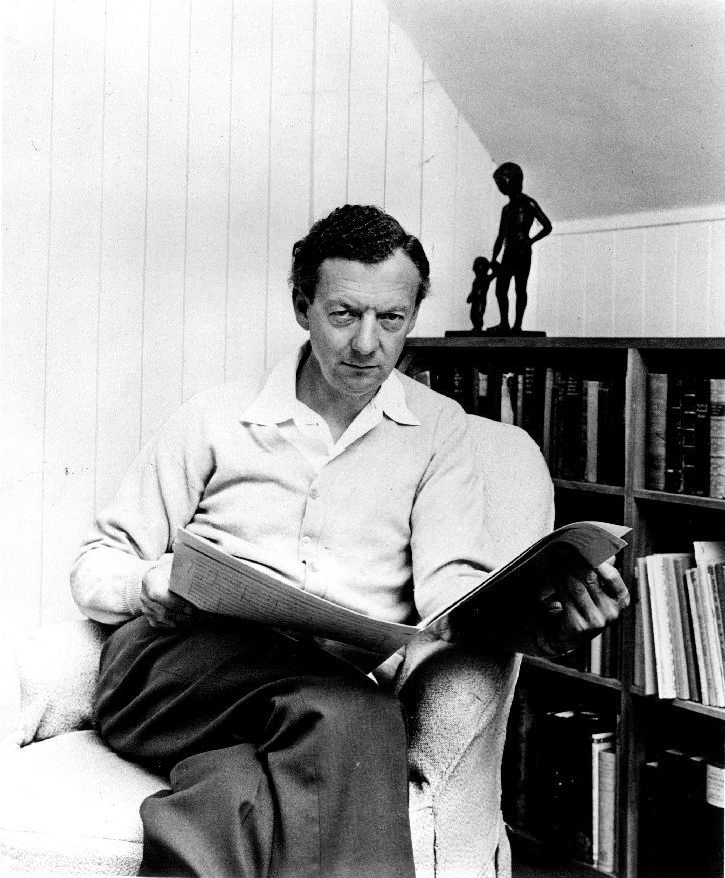In the third of the series focusing on solo woodwind pieces I’m looking at the first movement of Benjamin Britten’s Six Metamorphoses after Ovid, a composition for solo oboe.
Benjamin Britten (1913-1976)1 was a highly influential English composer and pianist, known primarily for his work in opera. Britten composed the Six Metamorphoses after Ovid in 1951 and it premiered at the Aldeburgh Festival, with the premiere performance of the piece taking place with both performer and audience on boats. I had a listen to the piece in its entirety (a total of around 15 minutes) first without the sheet music and then with the sheet music to see how the music was notated and which particularities for the oboe were indicated by the composer. I will focus on the fourth piece, titled Bacchus after the god of wine, fertility, festivity and theatre.

This piece has a very playful and drunken feel to it, and knowing that it is written after Bacchus it makes sense. The main idea of the piece is a bouncy dotted-eigth-sixteenth pattern in which the phrases get slightly longer, as if stumbling to get to a destination.

Having listened to different recordings of this movement, this main theme is interpreted with vastly different degrees of flexible time and rubato (or drunkness, to be more descriptive). Some performers even take to theatric swaying to accompany this theme, which is an almost natural tendency when interpreting this. The recording below sticks to a rigid meter, for example:
The composer is very careful to notate articulations for the player, for example the ascending sixteenths in the main theme are rigorously marked marcato to contrast the legato markings of the syncopated rhythm described above. The marcato phrasing is very quick in the piece, so the oboist must change articulations very quickly. This movement makes use of the full register of the oboe and requires the player to play long continuous phrases with a single breath. I’m unsure of the ability of the oboe to allow for long phrases such as those written here for performers, but I would imagine that the difference in pressure between woodwinds with double reeds and those without would mean that phrases of this length might not be feasible with other aerophones.
References: 1. https://www.britannica.com/biography/Benjamin-Britten Recording: Britten, B., Krejčí, J. 2018. 'Six Metamorphoses after Ovid, No. 4: Bacchus' Britten: Oboe Works. Prague: SUPRAPHON. [online]
